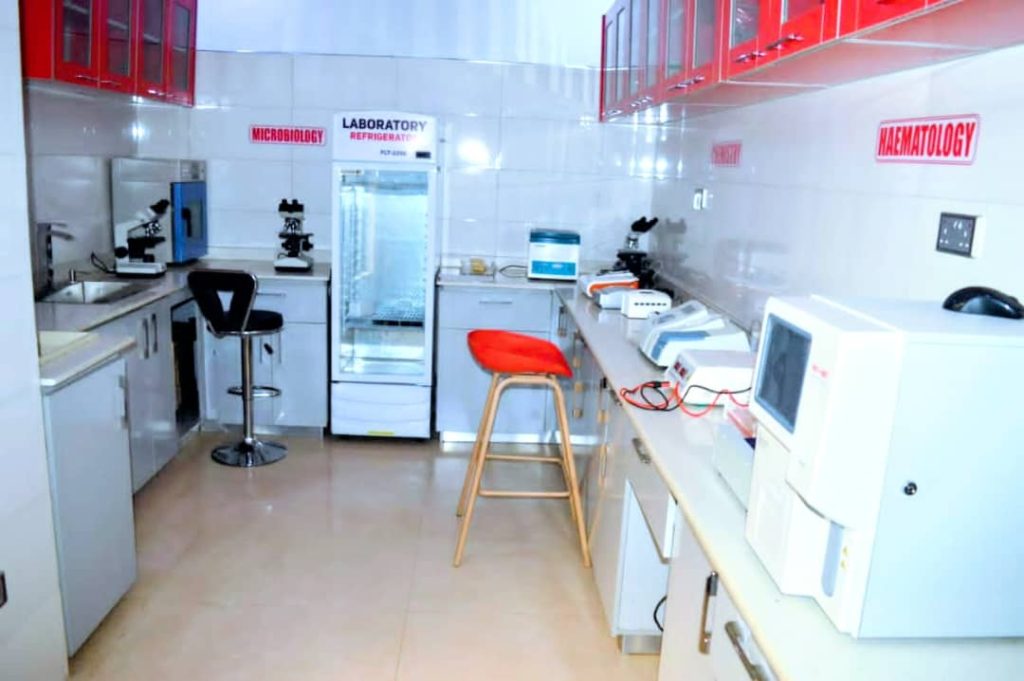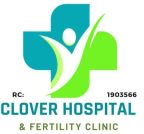Our services

Assisted Reproduction
- Intracytoplasmic sperm injection (ICSI)
- In-vitro Fertilization (IVF)
- Intrauterine Insemination (IUI)
- Pre-implantation Genetic Testing (PGT)
- *Aneuploidy Screening
- *Genotype selection
- * Family Balancing (Gendar Selection)
- Egg, Embryo & Sperm freezing
- Third-party reproduction (Egg donation, sperm donation & Surrogacy)
Genetics
is the study of genes and heredity. It involves the study of how traits are passed down from one generation to the next and how DNA influences the development and function of living organisms. Genetic research has led to many breakthroughs in medicine and agriculture, from the development of new therapies to the breeding of disease-resistant crops. The field continues to evolve as researchers uncover new links between genetics and human health and explore the potential of genetic engineering to address some of the world’s most pressing challenges.

Paediatrics
Paediatrics is the branch of medicine that deals with the medical care of infants, children, and adolescents, from birth up to the age of 18. Paediatricians are medical doctors who specialize in this field and are trained to diagnose and treat a wide range of childhood illnesses, from common colds and infections to chronic conditions such as asthma and diabetes. They also monitor children’s growth and development, and provide guidance on nutrition, immunizations, and other aspects of child health. Paediatrics is a crucial field of medicine that helps ensure that children receive the care they need to grow up healthy and strong.

Immunization
Immunization, also known as vaccination, is the process of administering a vaccine to stimulate the body’s immune system to produce antibodies against a particular disease. Vaccines contain weakened or dead bacteria or viruses that are similar to the disease-causing microorganisms, but not strong enough to cause the disease itself. When the body is exposed to the vaccine, it produces an immune response that creates antibodies to fight the bacteria or virus. Immunization is an important public health measure that has helped to reduce the incidence of many serious infectious diseases, such as polio, measles, and tetanus. It is recommended that children receive a series of vaccinations starting in infancy to protect them from a range of childhood illnesses, and that adults receive booster shots as needed to maintain immunity. Immunization is a safe and effective way to prevent the spread of infectious diseases and protect public health.

Newborn intensive care unit
A newborn intensive care unit (NICU) is a specialized medical unit that provides care for premature or critically ill newborn infants. NICUs are equipped with advanced medical technology and staffed by highly skilled medical professionals, including neonatologists, nurses, respiratory therapists, and other specialists who are trained to provide specialized care for premature infants or infants with complex medical conditions. The level of care provided in a NICU varies depending on the infant’s needs, ranging from basic monitoring to advanced life support measures. NICUs play a critical role in helping to improve the survival and health outcomes of premature and critically ill newborns, as well as supporting families through what can be a very challenging time.

Minimal Access/ Key Hole Surgeries:(Diagnostic & Operative)
– Laparoscopy
-Hysteroscopy
-Upper and Lower GI Endoscopy
– Cystoscopy
– Other

General Out Patient Department (GOPD
“From Waiting Rooms to Virtual Visits: The Evolution of GOPD” explores how technology has transformed the patient experience in healthcare. The article discusses how virtual visits have become a popular option for patients, especially in the wake of the COVID-19 pandemic. It also highlights the benefits of virtual visits, such as convenience, cost-effectiveness, and improved access to care for patients in remote or rural areas. Finally, the article looks at the challenges that come with implementing virtual visits in GOPD, such as concerns over data security and privacy, and the need for healthcare providers to adapt to new technology.

Cardiology
Cardiology is a branch of medicine that deals with disorders of the heart as well as the circulatory system. Cardiologists are specialized medical professionals who diagnose and treat conditions such as coronary artery disease, heart failure, arrhythmias, and valvular heart disease. They use a variety of diagnostic tests, such as electrocardiograms (ECGs or EKGs), echocardiograms, and stress tests, to assess heart function and identify potential issues.

Gynaecology
Gynaecologists use a variety of diagnostic tests to assess the health of the female reproductive system, including pelvic exams and imaging studies such as ultrasounds. Treatment options for gynaecology patients can range from medication and lifestyle changes to more invasive procedures such as hysterectomy, oophorectomy, and laparoscopy.

Antenatal and delivery
Antenatal and delivery are two important aspects of maternity care that Clover Hospital provides to expectant mothers. Antenatal care involves regular check-ups, tests, and advice to ensure the health of both the mother and the developing fetus. On the other hand, delivery is the culmination of pregnancy and involves the safe delivery of the baby. At Clover Hospital, we have a team of experienced obstetricians, midwives, and nurses who work together to provide comprehensive antenatal and delivery care to ensure a safe and successful childbirth experience for both the mother and baby.

24hrs Ambulance services
Clover Hospital offers 24-hour ambulance services to ensure that patients can get medical attention quickly in case of an emergency. Our ambulances are equipped with all the necessary medical equipment and staffed with trained medical professionals to provide immediate care and transportation to the hospital. Our ambulance services are available round the clock and can be accessed by calling our emergency response number. We pride ourselves on our prompt and efficient ambulance services, and our team is always ready to respond to any medical emergency.


